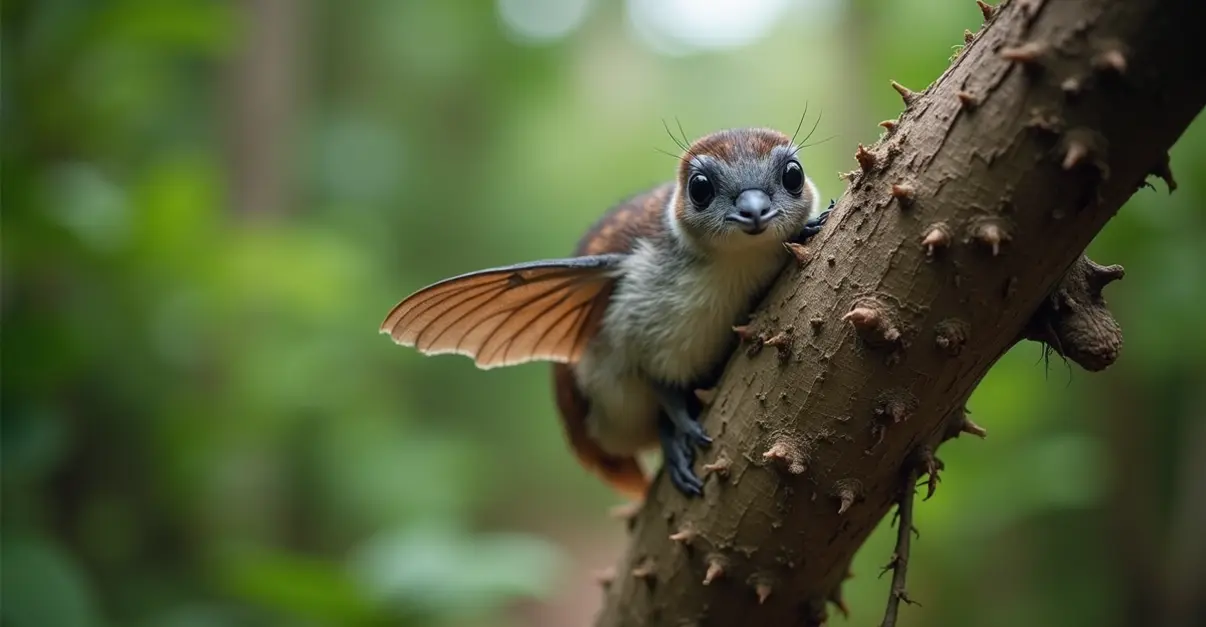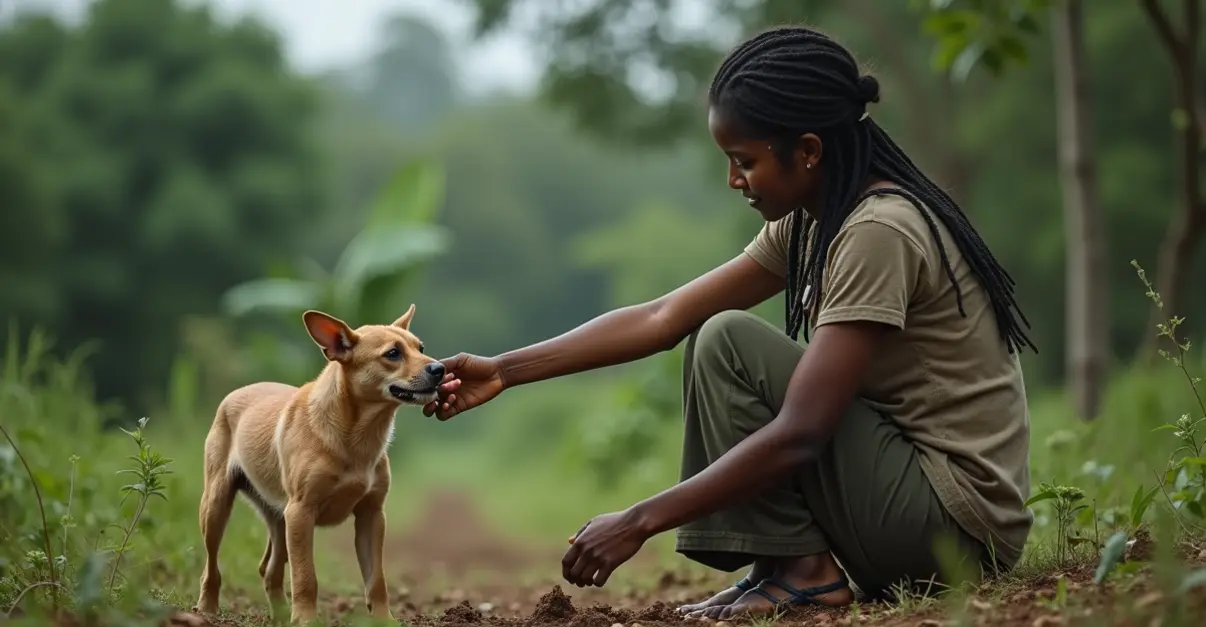New Research Highlights Growing Threat of Animal-to-Human Disease Transmission
Recent scientific studies are sounding the alarm about increasing zoonotic spillover risks in tropical regions, where environmental changes and human activities are creating perfect conditions for pathogens to jump from animals to humans. According to researchers, 'We're seeing unprecedented rates of land use change in tropical areas, which brings wildlife and humans into closer contact than ever before', explains Dr. Maria Rodriguez, an epidemiologist at the Global Health Institute.
The Science Behind Zoonotic Spillover
Zoonotic diseases are infections that can be transmitted between animals and humans. As defined by Wikipedia, zoonoses account for approximately 61% of all known human pathogens. The tropical regions, with their rich biodiversity and rapid environmental changes, are becoming hotspots for these disease transmissions. 'The combination of deforestation, urbanization, and climate change creates a perfect storm for disease emergence', notes Dr. James Chen, a wildlife disease ecologist.
Surveillance and Funding Challenges
Despite the growing threat, surveillance systems in many tropical countries remain underfunded and fragmented. Recent analyses show that less than 20% of tropical nations have comprehensive zoonotic disease monitoring programs. 'We need to invest in early detection systems that can identify potential outbreaks before they become pandemics', argues Dr. Sarah Johnson from the World Health Organization. The funding gap for zoonotic disease surveillance in tropical regions is estimated to be in the billions annually.
Land Use Policy as a Critical Factor
Agricultural expansion, deforestation, and urban development are dramatically altering landscapes in tropical regions. These changes force wildlife into closer proximity with human populations, increasing the likelihood of disease transmission. Research indicates that areas with rapid land use change see up to 30% higher rates of zoonotic spillover events. 'Sustainable land management isn't just about conservation—it's about public health', emphasizes environmental policy expert Dr. Robert Williams.
The One Health Approach
The One Health framework, which recognizes the interconnectedness of human, animal, and environmental health, is emerging as a crucial strategy. This approach calls for collaboration between medical professionals, veterinarians, ecologists, and policymakers. 'One Health isn't just a concept—it's a necessity for preventing the next pandemic', states Dr. Lisa Thompson from the One Health Commission. Countries that have implemented One Health strategies have reported better outbreak response times and reduced disease transmission rates.
Global Response and Future Directions
International organizations including the World Health Organization, Food and Agriculture Organization, and United Nations Environment Programme are calling for increased investment in tropical region surveillance. Proposed measures include establishing regional monitoring networks, training local health workers, and developing rapid response protocols. 'The time to act is now—we can't afford to wait for the next major outbreak', warns global health security expert Dr. Michael Brown.
As climate change accelerates and human populations continue to expand into previously wild areas, the risk of zoonotic spillover in tropical regions is expected to increase. Experts agree that coordinated global action, adequate funding, and the widespread adoption of One Health principles are essential for preventing future pandemics and protecting global health security.

 Nederlands
Nederlands
 English
English
 Deutsch
Deutsch
 Français
Français
 Español
Español
 Português
Português










